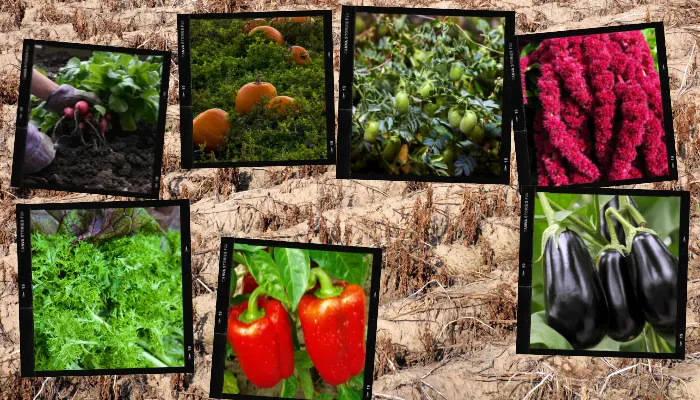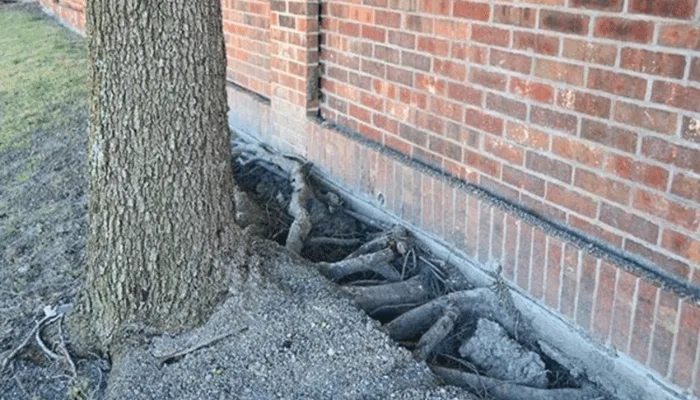Making your home garden an organic one may seem like an impossible task, but believe it or not, it can be done fairly easily.
Here a some tips for you to use to get started growing your own organic produce for you and your family. These steps can also be used for container gardeners.
- Choose a location that will give your garden full sun for at least 6-8 hours each day.
- Get your soil ready by digging up the first 6 inches of soil and mix a 3-inch layer of organic garden soil into the soil. For container gardeners, you will want to get an organic potting soil.
- When shopping for your plants, be sure to select plants that thrive in your climate, this will help ensure that your plants will grow and mature within your climate’s growing season. It’s also important to plant a nice variety of plants together, the reason for this is that there are plants that are beneficial to each other and diversity is useful to attract different beneficial insects.
- Mulching is a great way to help retain moisture in the soil and control weeds in your garden. Apply a thick layer of organic mulch throughout your garden, and make a mound of mulch around the base of each plant.
- When watering your garden, it’s essential to water responsibly to reduce the amount of water being wasted. Your garden’s soil is a good indicator for when your garden needs water, stick a finger 1 inch into the soil, if it feels dry, it’s time to water. Another note, there is no need to water the leaves of your plants, when watering only water around the base of the plant to allow the roots to absorb the water. Installing a drip irrigation system or even setting up a rain barrel will help you reduce water wastage.
-
- To fertilize your garden, choose an organic fertilizer, or you can use compost. A good thing to do is to start your own compost or worm bin, this will give you a supply of fresh compost available on hand. The benefit of deciding to start a worm bin would be the added benefits of worm castings, which boost up the nutrient levels in your soil.
- Rotating your crops after each growing season will help the soil retain nutrients, discourage pests and diseases. Another good way to protect your soil is to plant a fall cover crop, like buckwheat, clover and rye. Planting a cover crop will help the soil maintain a good nutrient level for your spring garden.
- Keep your garden tidy by removing dead plants and leaves from the plants and the ground, as well as removing any weeds that pop up. This is also a good time to check your plants for any signs of disease or pests. Don’t forget to clean your garden tools after each use, too.
-
- Never use insecticides, herbicides or fungicides in or around your garden. There are organic and natural ways to control diseases and pests, choose an organic pesticide or fungicide, or check online for recipes you can make at home. Another great option is to encourage beneficial insects and wildlife to live in your garden. Ladybugs, praying mantis, ground beetles are just a few of the insects and frogs, toads and birds are some beneficial critters to invite over.
Organic gardening is an easy way to provide your family with healthy, safe produce and to help protect the environment from the damage chemicals inflict on it.

















